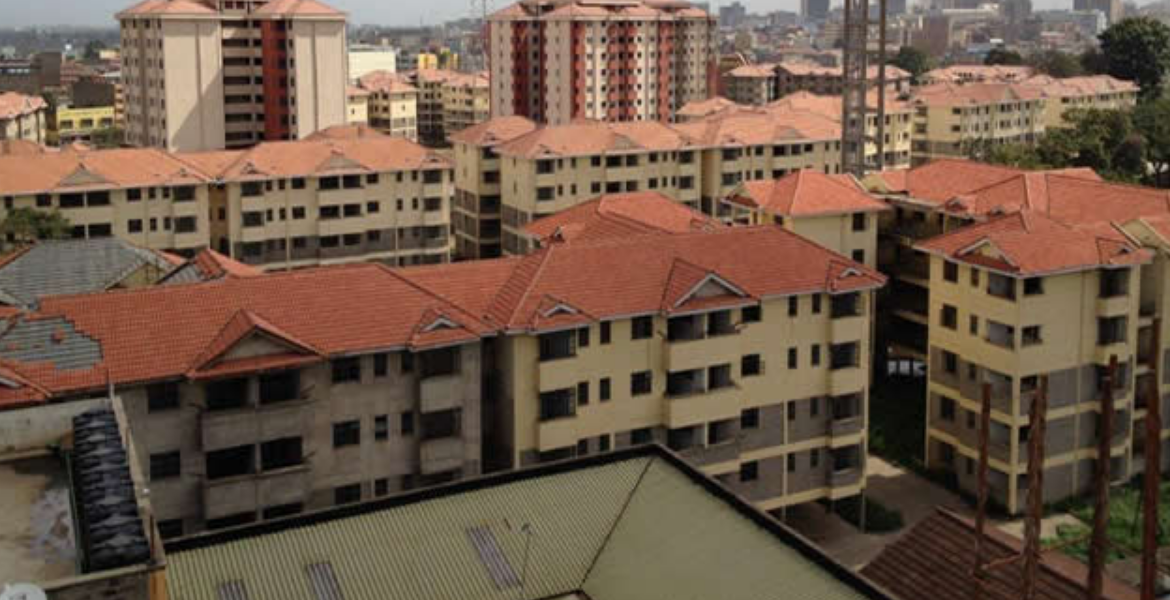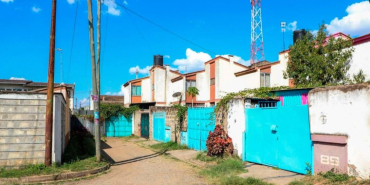Kenyan Landlords to Increase Rent by 25% Should Finance Bill Pass

Kenya's real estate market is bracing for major changes as the Kenya Property Investors Association (KEPIA) raises alarms over an imminent rent crisis.
The association forecasts a staggering 25% surge in rental prices, a direct consequence of the heightened tax burdens introduced in the proposed Finance Bill 2024. KEPIA Secretary General Ephraim Murigu sounded the clarion call during a press briefing on Monday, voicing the concerns of landlords and property owners. The Finance Bill's provisions have cornered these stakeholders into a tight spot, leaving them with little recourse but to transfer the financial strain to tenants. The ripple effects of this increase are expected to impact residential tenants across various estates and entrepreneurs who have invested in retail spaces and commercial premises.
Murigu mentions that landlords are contemplating rent increments ranging from 15% to 25% which would further strain Kenyans already grappling with soaring prices of necessities. The backdrop of this development is a series of apartment blocks in Kilimani, Nairobi, where murmurs of discontent are growing louder. "My members, including landlords and corporate tenants, are lamenting over the current bill. They foresee no alternative but to implement a rent rise of 15%-25%," Murigu discloses.
Beyond KEPIA's membership, other property stakeholders have echoed similar sentiments, signalling an industry-wide consensus on rent escalation as a survival tactic in an increasingly hostile business climate. This situation is poised to worsen should the Finance Bill pass without amendments. Murigu further laments the prospect of vacant properties as Kenyans downsize or retreat to rural or less developed locales in search of affordability. This exodus could spell disaster for both the economy and property owners.
"Landlords are already in distress; about 60% are not collecting full rent. Vacancies abound in residential and commercial properties alike," he remarks.
This predicament is compounded by the spiralling cost of construction materials. KNBS data highlights a steady climb in construction costs since January. The price hike is palpable even in everyday items like paint which has surged from Sh2,400 to Ksh3,200. The contentious Finance Bill 2024 aims not only to raise existing taxes but also to introduce new ones. As Kenyans brace for its impact, all eyes turn to the National Assembly Finance Committee, which is slated to deliver its verdict on the bill following extensive public engagement.
Since its introduction in May, the bill has faced stiff opposition from citizens and leaders across the political divide who have implored the government to reconsider these tax impositions that only serve to deepen the financial woes of Kenyans.








Comments
Sooner or later,every renter…
Permalink
Sooner or later,every renter will be blaming this finance Bill.Landlords will no longer have any incentive to remain in the rental game.That will persuade a lot of them to sell, meaning that the law of supply and demand kicks in.
When you're struggling with…
Permalink
When you're struggling with vacant apartments, you don't raise rent, you reduce. Seems like most of the reactions, are political.
True, but you can't expect…
Permalink
In reply to When you're struggling with… by imkgoogo (not verified)
True, but you can't expect the landlords to just absorb the added costs. If I rent out an apartment for $1000 and I'm making $200(that would be pretty good) and my tax rates go up by 10% to 20% on my gross income on that apartment, I'm now paying out an extra 100 to 200 which will reduce or wipe out my net income on the rental entirely. Since I also have to to feed, house and clothe my dependents and meet my other expenses, it makes sense that I raise my rates to meet my needs and keep my head above water. It's not greed, just economics and act good businessman would do that. What would you do in this situation?
The Presidents pet project…
Permalink
The Presidents pet project aka Affordable Housing Scheme could also be a victim of this negative taxation on property and my fear is we are likely to end up with a lot of housing units with mo tenants in essence a lot of white elephants spread out in the whole country because very few people will afford the respective rents and similarly very few investors will want to buy the units
Comrade Ndori, Look at the…
Permalink
In reply to The Presidents pet project… by Lawrence ndori… (not verified)
Comrade Ndori,
Look at the bigger game being played.
Who ended up owning the last units which were built several years back?
This is just a ploy for the Hyenas and relatives to own more rental properties for cheap.
It seems like history doesn't teach Kenyans nothing.
Add new comment